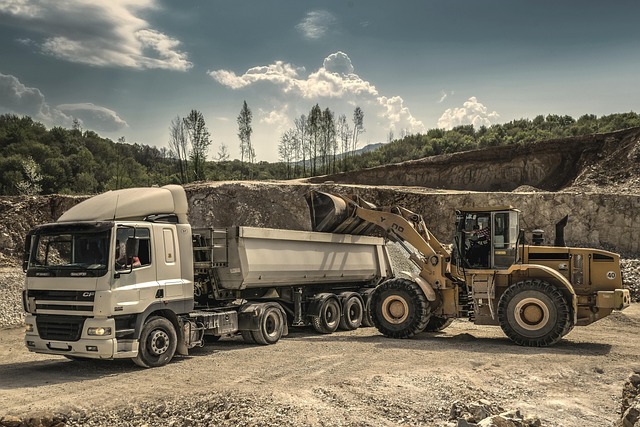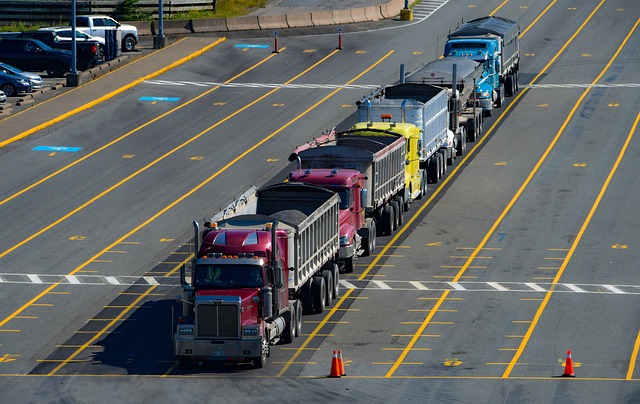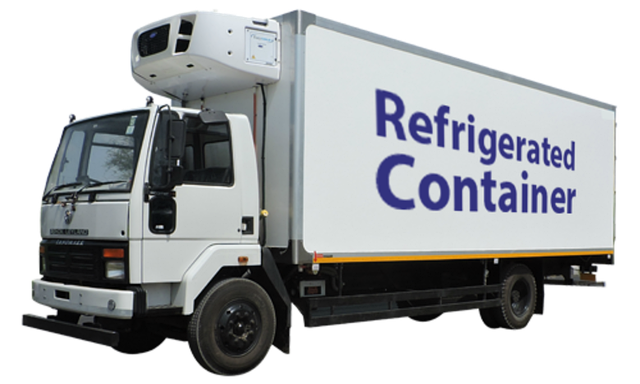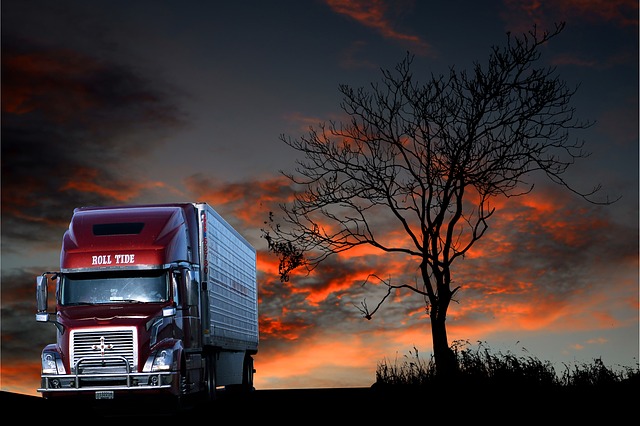Box truck insurance is essential for businesses relying on these vehicles, with specialized policies tailored to unique needs. Key components include box truck liability coverage and cargo protection, with options for collision, comprehensive, and custom coverages. Customizing the policy ensures adequate protection against risks like theft, disasters, and driver errors. Comprehensive insurance mitigates financial exposure, safeguards assets, and maintains continuity of delivery services, making it crucial for box truck business owners.
In the fast-paced world of logistics and deliveries, having reliable box truck insurance is non-negotiable. Whether you operate a small fleet or manage a large-scale delivery network, understanding your box truck liability coverage is crucial. This comprehensive guide explores the essential aspects of commercial box truck insurance, from deciphering requirements to customizing policies for unique business needs. By the end, you’ll be equipped with the knowledge to protect your investment and ensure smooth sailing on the roads.
- Understanding Box Truck Insurance Requirements
- Types of Coverage for Your Box Truck Business
- Customizing Your Policy for Unique Needs
- Protecting Your Investment: Essential Tips for Box Truck Owners
Understanding Box Truck Insurance Requirements

Insuring a box truck is essential for both small and large businesses relying on these vehicles for their operations. The specific insurance requirements can vary greatly depending on factors such as vehicle size, use case, and business nature. For instance, delivery trucks and custom-built box trucks may necessitate specialized policies that cater to their unique risks and needs.
Box truck liability coverage is a cornerstone of any comprehensive policy, protecting against potential damages caused to others or their property during operations. Commercial box truck insurance often includes additional protections like cargo coverage, which safeguards against losses arising from damaged or stolen goods. Business owners should carefully consider these options, as they play a crucial role in safeguarding assets and ensuring uninterrupted service.
Types of Coverage for Your Box Truck Business

When it comes to insuring your box truck business, there are several key coverage options designed to protect both your vehicle and your operations. Box truck insurance goes beyond basic auto coverage, offering specialized protection tailored to the unique risks faced by delivery truck drivers and businesses. One of the most crucial aspects is box truck liability coverage, which shields you from financial loss in the event of an accident causing property damage or personal injury to others. This is essential for mitigating legal costs and compensation claims.
Additionally, a comprehensive box truck policy may include options like collision coverage, which covers repairs or replacements due to accidents, and comprehensive protection against theft, natural disasters, and vandalism. For businesses with custom-modified box trucks, specific insurance for these alterations ensures that any unique features are protected. This level of box truck protection is vital for maintaining the integrity of your fleet and safeguarding the continuity of your delivery services.
Customizing Your Policy for Unique Needs

When insuring your box truck, customizing your policy is key to ensuring you have the right protection for your unique business needs. Box trucks come in various sizes and are used for diverse purposes, from local deliveries to cross-country hauls. A one-size-fits-all approach won’t cut it; your insurance should reflect these nuances. For instance, if you specialize in time-sensitive deliveries, consider adding specific coverage for delays caused by accidents or weather.
Customizing your box truck insurance means you can also tailor liability coverage to match the value of your cargo and fleet. This could include higher limits for property damage and medical expenses, especially if you’re carrying valuable goods or driving in areas with high accident risks. Additionally, business owners can opt for specific exclusions or inclusions to protect themselves from common perils like theft, natural disasters, or driver errors, ensuring their box truck and delivery operations run smoothly without unexpected financial setbacks.
Protecting Your Investment: Essential Tips for Box Truck Owners

Protecting your investment is paramount when you’re a box truck owner. These versatile vehicles are often the backbone of businesses, carrying valuable cargo and equipment across towns and cities. With such significant responsibility comes risk, making comprehensive insurance coverage essential. Box truck owners should look for policies that include liability coverage, protecting against damages or injuries caused to others during accidents. This is crucial, especially in urban areas with heavy traffic and narrow streets where delivery trucks operate daily.
Beyond basic liability, custom box truck insurance can be tailored to fit specific business needs. For instance, if your truck includes specialized equipment or valuable cargo, consider adding coverage for on-the-road protection and recovery services. A robust box truck policy should also account for potential risks associated with different operating environments, whether it’s navigating busy delivery routes in bustling metropolis or traversing challenging terrain outside urban centers. By ensuring the right coverage, owners can safeguard their investments, maintain business continuity, and minimize financial exposure.
When it comes to insuring your box truck, whether it’s a small delivery vehicle or a large-scale transport solution, understanding the specific needs of your business is key. By tailoring your policy with the right types of coverage and custom options, you can ensure that your investment is protected against potential risks and liabilities associated with commercial box truck operations. Remember, the right box truck insurance isn’t just about meeting minimum requirements; it’s about safeguarding your business, your employees, and your future.
